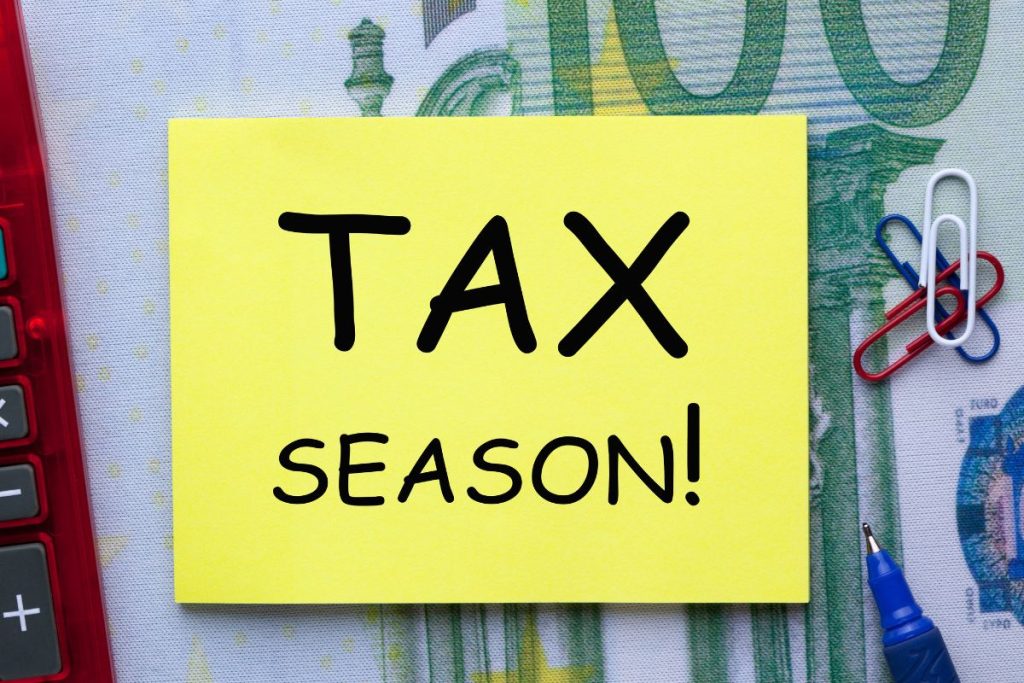
With tax season upon us, the anticipation of refunds often brings along the unfortunate prevalence of scams targeting unsuspecting individuals. Fraudsters are primarily opportunists; they exploit the urgency and stress of tax season to swindle money and personal information. In this blog post, we’ll explore various tax season scams and provide you with essential tips to safeguard yourself from falling victim to these deceitful schemes.
Understanding Common Tax Scams
Tax scams can manifest in different forms, and understanding the common tactics used by scammers is crucial. Here are a few prevalent scams to be aware of:
- Phishing Emails: Scammers send unsolicited emails that appear to be from the IRS or other tax authorities, requesting personal information or urging immediate action.
- Phone Scams: Fraudsters impersonate IRS agents and threaten victims with arrest, demanding immediate payment over the phone.
- Filing Fraud: Some individuals may file tax returns using stolen personal information, falsely claiming refunds.
- Fake Charities: Scammers often exploit charitable giving during tax season, creating fake organizations to dupe donors.
Essential Tips to Protect Yourself
Now that you’re aware of the common scams, here’s how to protect yourself this tax season:
1. Verify All Communications
Whenever you receive communication regarding your taxes, verify its authenticity. The IRS generally communicates through official letters, not phone calls or emails. Remember:
- The IRS will never call you demanding immediate payment.
- Always cross-check any claims with the IRS website.
2. Protect Your Personal Information
Be vigilant about disclosing personal information. Here are steps to take:
- Never share your Social Security number or financial information over the phone or through email unless you are absolutely certain of the recipient’s identity.
- Use secure websites (look for “https://” in the URL) when submitting sensitive information online.
3. Use Reliable Tax Preparers
If you opt to hire a tax preparer to assist with your filings, choose reputable professionals. Consider the following:
- Research potential preparers and read reviews.
- Ensure they have a valid Preparer Tax Identification Number (PTIN).
- Ask them about their data protection policies.
4. Stay Informed about Current Scams
Stay updated on the latest scams. The IRS regularly posts alerts on their official website about new phishing schemes and fraudulent activities.
5. File Your Taxes Early
Filing your taxes early minimizes the risk of someone else submitting a return in your name using stolen information.
6. Monitor Your Accounts
Keep a close eye on your bank and credit accounts for any suspicious activities.
- Consider enrolling in identity theft protection services.
- Regularly check your credit report.
What to Do if You Fall Victim
If you find yourself a victim of a tax scam, taking immediate action is essential:
- Report the Incident: Contact the IRS and report any suspicious activity.
- Alert Your Bank: If financial information has been compromised, alert your bank or credit card company immediately.
- Consider Credit Monitoring: Enroll in credit monitoring services to keep track of changes in your credit report.
Conclusion
Tax season should be a time of organization and financial management, not anxiety over scams. By understanding the common fraud tactics and implementing these essential tips, you can protect yourself and safeguard your financial information. Stay informed, stay vigilant, and enjoy a worry-free tax season!
